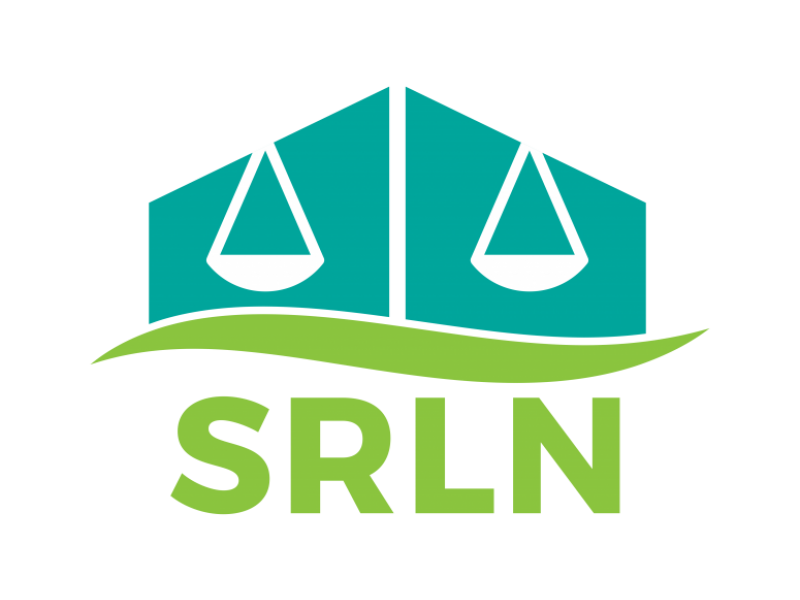
Document Author(s):
Topics:
SRLN Publications
Over the last decade, the SRLN has successfully incubated and championed innovations including self-help centers, standardized forms, case management reform, procedural simplification, plain language and multi-lingual resources and services, strategic and empowering uses of technology, integrated delivery systems among providers, and judicial education to improve the self-represented litigant (SRL) courtroom environment. Our leading publications include:
The Resource Guide provides options for courts and other entities interested in providing services to self-represented litigants using means that are not face-to-face, instead of, or in addition to, in-person alternatives such as walk-in services, workshops, and clinics. It also includes information regarding technology and business process options and describes a study of how eight sites provide remote self-help services to self-represented litigants and its principal findings and recommendations.
Title IV-D of the Social Security Act allows for reimbursement to courts for the costs associated with assisting litigants with child support and paternity matters. Several states court systems and local courts have obtained significant resources for their court self help programs from this federal source. This Guide is designed to help states access this funding stream to support self-help activities.
This document, the preparation of which was funded by the Legal Services Corporation through a grant to Central Minnesota Legal Services, was developed in close collaboration with the Network. It explores a variety of principles and practices in areas from fee waiver to training, and from front end design to management.
This memorandum lays out ways that states can develop state-specific comment language for their judicial codes. The memo reflects recent research, as well as recent state developments.
- The Sustainable 21st Century Law Library: Vision, Deployment and Assessment for Access to Justice (2012)
This report, prepared in close collaboration with the Network, analyzes how law libraries can remain relevant by transforming themselves into access to justice centers. It addresses issues of mission, materials, technology, staffing, management, and evaluation.
This document, now in its second version, summarizes forty-two best practices in this area of innovation, with descriptions of each practice, suggested attributes, examples, and contacts.
- Effectiveness of Courtroom Communication in Hearings Involving Two Self-Represented Litigants (2008)
These materials are the product of research conducted by the Network and its partners into the effectiveness of, and best practices in, communication between judges and the self-represented. They include a 30-minute DVD in which a judge summarizes the results of the research, and in which the litigants and judges study comment on their cases.
- A Model for a Comprehensive Self Assessment of Court Programs to Assist Self-Represented Litigants (2007)
These materials are a comprehensive packet of surveys and tools designed to help courts assess how well they deal with the self-represented and to make improvements in their practices.
This package includes curricula on Access to Justice in the Courtroom for the Self-Represented (Introductory and Comprehensive versions) and An Overview of Judicial Leadership in Access to Justice for the Self Represented. Each curriculum includes a PowerPoint, with detailed faculty notes, and an integrated Activity Guide and Resource Handbook. The package includes an integrated DVD of Courtroom Best Practices, based on courtroom research.
This leadership package includes fifteen Solutions Modules, each highlighting a different innovation. Each module includes a PowerPoint, with preparation notes, a chapter of an integrated Activity Guide, a chapter of an integrated Resource Handbook, a set of brief Program Profiles that provide additional detail on programs discussed in the PowerPoint, and a selection of video segments from the accompanying DVD.
This set of materials assists public libraries and their partners in developing programs of informational assistance to the self-represented. The package of training PowerPoints and support materials includes a FAQ template that can be used to develop a customized set of links to key access to justice information. Ethical issues concerning how public librarians can appropriately assist the self-represented are also covered.
A series of diagnostic protocols designed to assist courts identify problems experienced in providing access to justice, and implement solutions. Protocols include examples of solutions and resource materials.